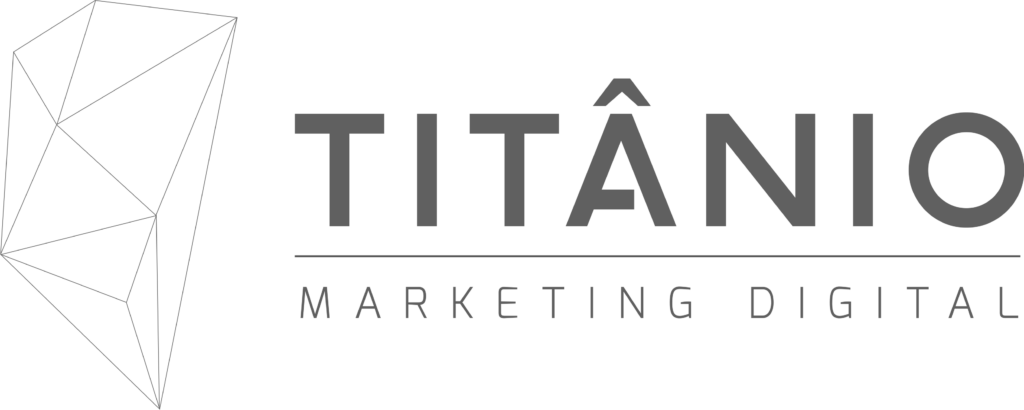Porto do Açu Operações and Equinor signed a Memorandum of Understanding (MoU) to assess together the development of a photovoltaic solar generation plant in the Port of Açu’s project area in the next 12 months.
“Photovoltaic solar generation is the fastest growing source in Brazil and the world. We are optimistic about the possibility of implementing a renewable energy project at Açu, an initiative that is in line with our sustainability strategy, which includes developing partnerships and new businesses based on the transition to a low carbon economy,” says José Firmo, CEO of Porto do Açu Operações.
The MoU reaffirms the strategic partnership with Equinor, a global leader in renewable and low carbon sources.
About the Port of Açu
Developed by Prumo Logística, owned by EIG Global Energy Partners, Açu is the only 100% private port in Brazil. In operation since 2014, it has become one of the largest and most important infrastructure complexes in the country: it has the second largest iron ore terminal in the nation, is responsible for 25% of its oil exports, and hosts the largest offshore support base in the world. It is also building Latin America’s main natural gas hub through its subsidiary Gás Natural Açu (GNA).
At the end of 2020, GNA successfully handled the first load of Liquefied Natural Gas (LNG) at its Regasification Terminal in the Port of Açu. This first load will be used to commission the terminal and UTE GNA I. With 1.3GW (enough to supply the equivalent of more than 6 million homes), this plant will start operations in the first half of 2021.
In addition to contributing to the country’s energy security, natural gas will play a key role in the transition to a low carbon economy, providing stable and secure electricity generation to complement the expansion of renewable sources.
About Equinor
Equinor is a global energy company based in Norway, with operations in 20 countries. It is now one of the largest offshore operators in the world and a growing force in renewables.
Equinor has been in Brazil — one of the three priority areas for the company worldwide — since 2001 and has a solid and diversified O&G portfolio there with assets in different stages, from exploration to production, as well as major projects in development, such as Bacalhau and BM-C-33.
In renewables, Brazil is home to the first solar plant in the company’s global portfolio: Apodi Complex, in Ceara state, has been in operation since 2018 with 162 MW capacity, supplying energy to 200,000 Brazilian households.

